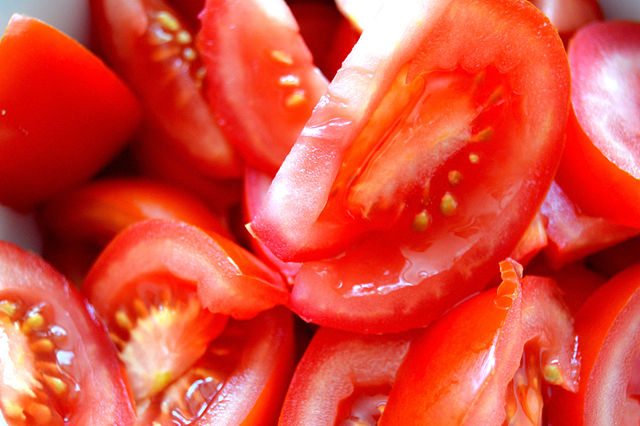On November 5, the district administration of Peshawar in Pakistan reduced vegetable prices amid food inflation but consumers see no respite.
At a glance, fixed onion prices fell to Pakistani Rupees 120 ($0.43) per kilo. The prices of white and red potatoes also depreciated to Rs90 ($0.32) and 130 ($0.47) respectively.
Sources around the district, however, say that tomatoes and lemons still attract 20% and 50% markup respectively above the prescribed prices. While the district fixed the price of tomatoes at Rs180 ($0.65), the market sells them at Rs200 ($0.72). The same applies to Chinese lemon, costing up to Rs160 ($0.57) a kg, above the Rs100 ($0.36) official maximum.
Among groceries, condiments that define south Asia cooking such as ginger and garlic have attracted the widest price disparity. Thai garlic in Peshawar still sells up to Rs1300 ($4.67) a kg, 58.5 % above the Rs820 ($2.94) set price.
While Pakistani garlic should now sell at PKR380 ($1.3) a kg, it retails instead at Rs450 ($1.62). This is similar to Chinese garlic which is accessible at Rs650 ($2.63) instead of Rs530 ($1.62) per kg.
Fruit prices in the district have also fallen marginally but no one knows when traders will adhere to the price ceiling. Grapes ought to now sell at Rs320 ($1.15), banana at Rs110 ($0.39) and apples at 250 ($0.90) per kg.
Live animals have also attracted a 5-rupee reduction in price. The city’s consumers can now buy live fowls for Rs350 ($1.26) per liveweight kg from the previous Rs355. However, market investigations show that customers still purchase live chicken at the existing traders’ price of Rs420 ($1.51) per kg.
Peshawar is one among the main cities in Pakistan including Karachi and Islamabad that set consumer trends.
This update on vegetable prices in Pakistan coincides with a national inflation slowdown. Consumer inflation in October grew marginally to just 28.89%, lower than in October 2022. Inflation is now more than 10 points down from the peak in June and July 2023 when it had hit a record 37.97%.
To tame consumer prices, the government in Islamabad had to cut down fuel prices and hunt down currency hoarding.
